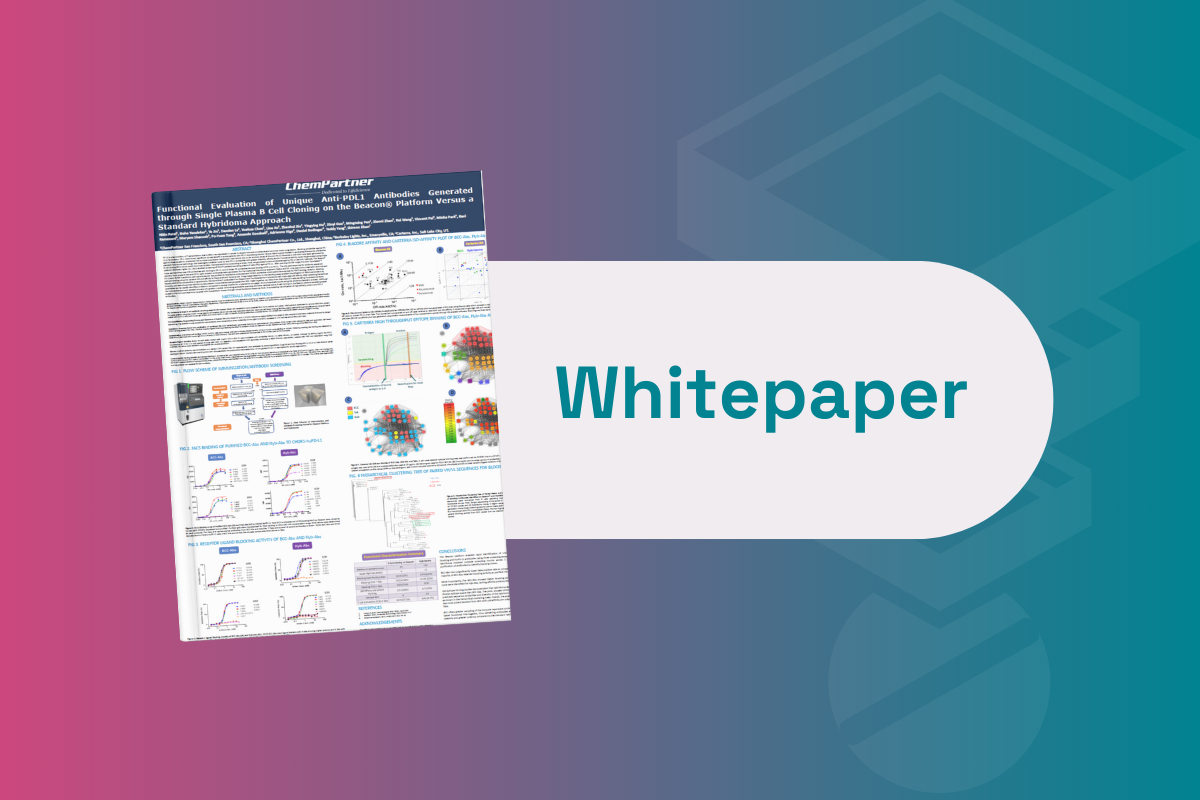BiomedGPT: Adopting a Generalist Approach to Biomedical AI

BiomedGPT is an open-source and lightweight vision-language foundation model, designed as a generalist capable of performing various biomedical tasks. The development of the model involved collaboration among several institutions including Lehigh University, University of Georgia, and Stanford University.
AI systems are typically trained for specific tasks like recognising tumours in X-rays or summarising papers. These specialised models are highly effective and critical to advancing biomedical research, but their narrow focus hinders their adaptability. Whereas BiomedGPT adopts a more general approach and handles different tasks using the same underlying technology.
The model was trained on vast amounts of biomedical data including images and text. This method enabled the technology to understand and analyse varied inputs, allowing it to perform well across different applications.
According to a paper published in Nature Medicine, BiomedGPT was trained on 25 experiments, 16 of which achieved state-of-the-art results. Human evaluations were conducted to assess the capabilities of BiomedGPT in report generation and summarisation. The model exhibited impressive prediction ability with a low error rate of 3.8% in question answering, an error rate of 8.3% in writing radiology reports, and a competitive summarisation ability with a near-perfect score.
Related:
- AutoPrognosis, An Innovative Tool Used to Predict Lung Cancer Risk
- New Trailblazer Profluent Launches its AI-enabled OpenCRISPR-1 to Edit the Human Genome
- Exscientia and Amazon Web Services Join Forces to Maximise the Potential Of Generative AI in Drug Discovery
The researchers involved in the project emphasised the importance of clinical testing to gauge the model’s effectiveness and applicability in healthcare settings. Lichao Sun, Assistant Professor of Computer Science and Engineering at Lehigh University commented: “Clinical testing involves applying the AI model to real patient data to assess its accuracy, reliability, and safety.”
BiomedGPT’s open-source codebase allows researchers to build upon the model’s capabilities, fuelling further innovation and development. It also promotes the idea of inclusion and collaboration within the scientific community. Ultimately, this commitment to open access should accelerate progress in the field.
Overall, BiomedGPT bucks the trend in the biomedical AI field: its generalist features offer versatility to support a range of tasks, challenging the traditional idea that AI must be highly specialised to be effective. While there is still a demand for specialised models, this general approach could reshape how AI is used in healthcare. It could create a more practical and accessible solution for improving diagnosis and workflow efficiency in healthcare. Developing tools like BiomedGPT creates more robust and adaptable technologies with the potential to meet a broad range of needs within the medical community.






